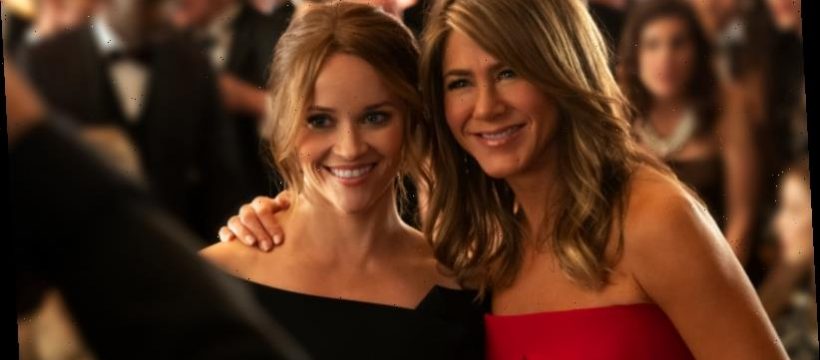When it debuts with anticipated Star Wars series The Mandalorian later this month, Disney+ will be flirting with frustrated viewers. The new streamer will be releasing episodes of the series weekly, eschewing the sort of buzz-inducing blitzkrieg that Netflix popularised when it launched 13 episodes of House of Cards all at once in 2013.
Apple TV+, which launched in Australia this weekend, similarly premiered its Jennifer Aniston-starring drama Morning Wars with just three episodes, to be followed by one per week. Even Netflix has started to pull away from the binge model it spawned: its recent hip-hop reality show Rhythm + Flow saw the streaming giant batch-release just three episodes a week, in an effort to prolong intrigue around the series and curtail spoilers about its eventual winner.
Disney+’s The Mandalorian will see episodes released weekly.Credit:Lucasfilm
For viewers now accustomed to watching what they want when they want (for example, a four-hour Russian Doll marathon stretching from Saturday night to Sunday morning), the trend has the potential to annoy.
Vic Buchan, director of communications at Nine Network, which publishes this masthead and has experimented with its traditional broadcast schedules by offering more binge-like options on their streaming platforms, says a mixed approach is key to sating an audience's need for choice.
"The thing about this business is it's all so delicate and inch-by-inch and it's responding to the audience all the time. Nobody wants it to be predictable anymore, and people are looking for different things in different ways," says Buchan.
"A Country Practice used to be on a Tuesday night at 8.30pm for 48 weeks of the year. You can't do that anymore. The audience is just not going to wait around for that."
Whether viewers will patiently hang around for a week to see the outcome of a mid-season cliffhanger is a question streamers will soon discover. But there's a wider benefit to reverting to the sort of collective viewing experience we shared in the past.
"One of the incredible things television does is it gives us a kind of shared language," says Lumby, citing the way '90s sitcom Sex and the City "gave voice to changes in gender politics and the way women viewed their sexuality". "It's one of the mistakes people make when they say watching TV is a passive activity or it rots your brain or they compare it unfavourably with reading books.
Jennifer Aniston and Reese Witherspoon in the Apple TV+ show Morning Wars.
"TV is an incredibly valuable cultural form because in reflecting things that are happening in our societies, it can give us those water-cooler moments. It's a sort of zeitgeist barometer, and I think the interactions and conversations around television shows are just as important as the shows themselves," she says. "But if you binge-watch a show, you don't often get to have that conversation the day after. The 'did you see' conversation is still incredibly important."
Source: Read Full Article


